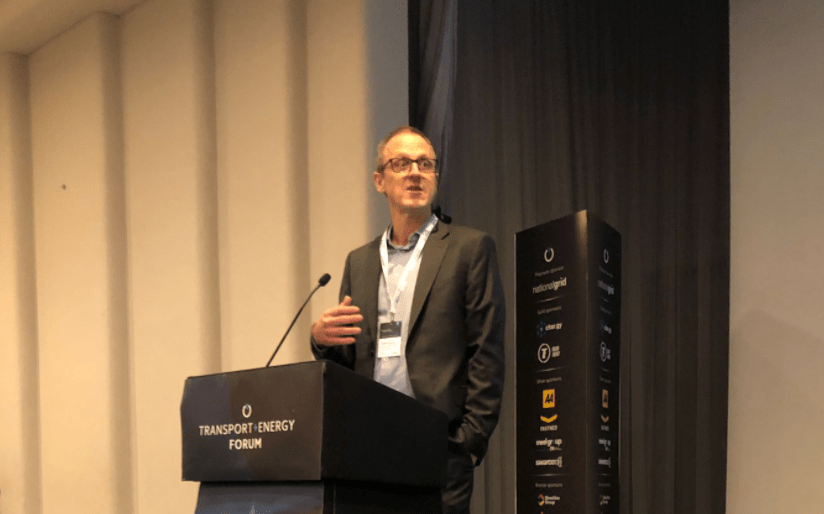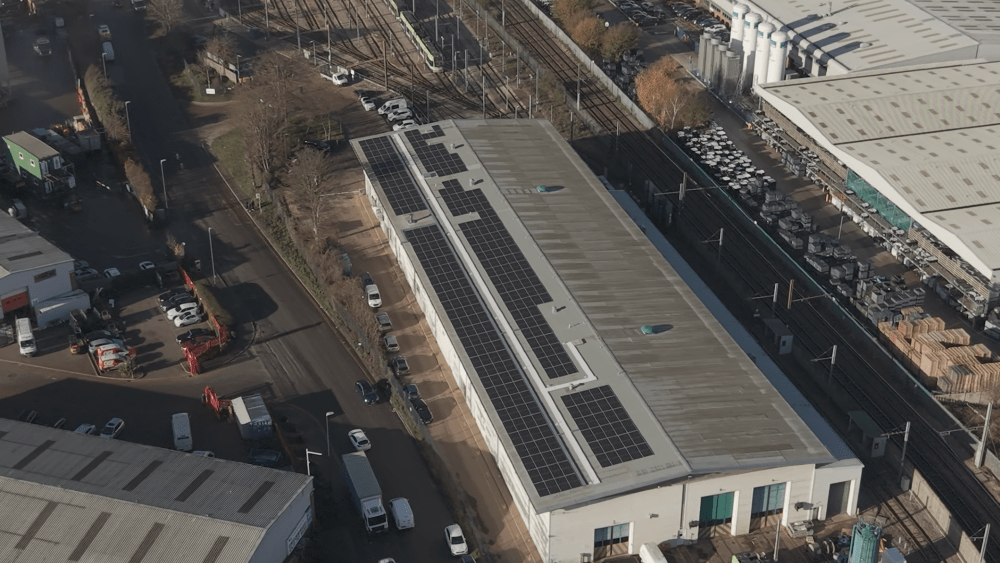National Highways’ Director of Environmental Sustainability has underlined his company’s commitment to achieving net zero, and pointed to how it has “come an awful long way in five years, considering the issue was not really considered back in 2018.”
Stephen Elderkin told the Transport+Energy Forum in Birmingham that National Highways has always had to deliver a safe and efficient network, but the key now is to also do so sustainably.
He pointed to the company’s net zero plan, and the fact that it now has a Director of environmentally sustainability, with sustainability permeating “through just about all the conversations we are having.”
“The road network plays a fundamental part in how people get together, get to work, go on holiday,” he said. “90% of freight goes on the road. We won’t uninvent the wheel and roads are an inevitable part of the future of our transport network, but the net zero agenda is here, and a need for us to rapidly decarbonise is not going away.”
Mr Elderkin referred to the strategy published in the summer, “A connected country, and a thriving environment” following on from the National Highways Net Zero Carbon Plan which was published in 2021. He explained the commitment to reach net zero for National Highways corporate emissions by 2030, for maintenance and constructoin by 2040 and for all user emissions 2050.
But, he said, it’s not just rhetoric. The company has identified an all-electric Traffic Officer vehicle, it is “festooning” depots with solar panels and reducing the electricity requirements from streetlighting.
Beyond its corporate emissions, Mr Elderkin explained they are delivering durable and lasting maintenance to minimise the number of roadworks and material use, and they are talking with suppliers to work on the best ideas to decarbonise the materials. He said they’re trying out solutions using biofuels, recycled materials and biobinding, electric plant machinery and off-grid recharging which, on one project, they had managed to deliver an 84% carbon reduction compared with standard resurfacing.
“I think we have come an awful long way in five years,” he concluded. “If I look back at an organisation that wasn’t really thinking about this five years ago, there is a lot happening and there is real momentum in the industry, in the sector, everyone realises if we are going to decarbonise the roads industry, we need to rise to this challenge.”












